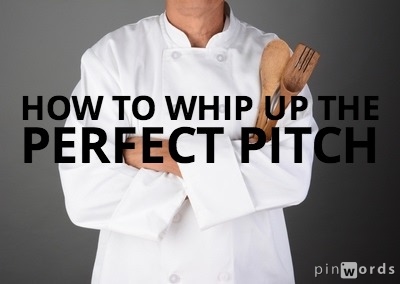 Last week, we started a conversation about a common tactic we saw across our Kapost Top 50 Content Marketers of 2013.
Last week, we started a conversation about a common tactic we saw across our Kapost Top 50 Content Marketers of 2013.
That tactic?
Building relationships with key influencers and leveraging those relationships in their content marketing.
We also talked about what businesses are doing wrong (and what they should be doing) in approaching influencers.
Today, I’d like to talk about a second reason businesses have trouble getting influencers on board—and give you one example of a successful influencer pitch.
First, let’s talk about why even good pitches sometimes don’t get a response…
Influencers Are Often Leery of Marketers.
Unfortunately, influencers are used to uncomfortably awkward blog pitches. They’re used to brands and PR companies that don’t know their work, expect something for nothing, or, worse, act like they are doing the influencer a favor by providing them with something to write about.
All these bad pitches mean that influencers can be a cautious bunch.
And sometimes even a legitimate pitch can get lost in the shuffle.
So, this is the part where I encourage you not to give up.
In that first introduction email, be really personal. Let the influencer know that you understand their platform before you start pitching. Let them know that you are reaching out to them because you like and respect what they are doing and you really want to work with them. And if you don’t hear back in a reasonable time frame (a couple weeks), follow up by email or say hi on Twitter.
The Pitch That Got Me the Top Chef in Italy
Okay. So I’m giving you a lot of advice and theories here, but what about cold, hard facts and real-world examples?
Well…
I am currently working on a book project that requires me to secure interviews with key influencers in the food industry across Italy. Namely: Italian chefs and wine experts.
And, to my utter delight, I’ve already secured an interview with one of the top chefs in the world.
How?
By writing a very specific, personal email that:
- Gave a brief background of the project and clearly communicated how the chef and his restaurant would benefit from the exposure.
- Clearly communicated how simple the interview would be and how much I respected the influencer’s time (“It will be a handful of questions and will be conducted by email, so the chef can answer questions at his leisure”).
- Communicated that I had done my research, that I knew who the chef was and what his restaurant was about, and that this wasn’t a form letter that I was sending to dozens of chefs.
- Made a specific request (for an interview).
- And did all this in two paragraphs.
Time to Get Pitching
If working with influencers is on your 2014 to-do list, now is a great time to start strategizing your approach. Identify people you want to work with. Craft pitches that are specific to each person. And start connecting with those influencers not only in your pitch, but also by following their work and reaching out on social media.
Any influencer tips of your own? Drop them in the comments! We’d love to hear your experiences.

